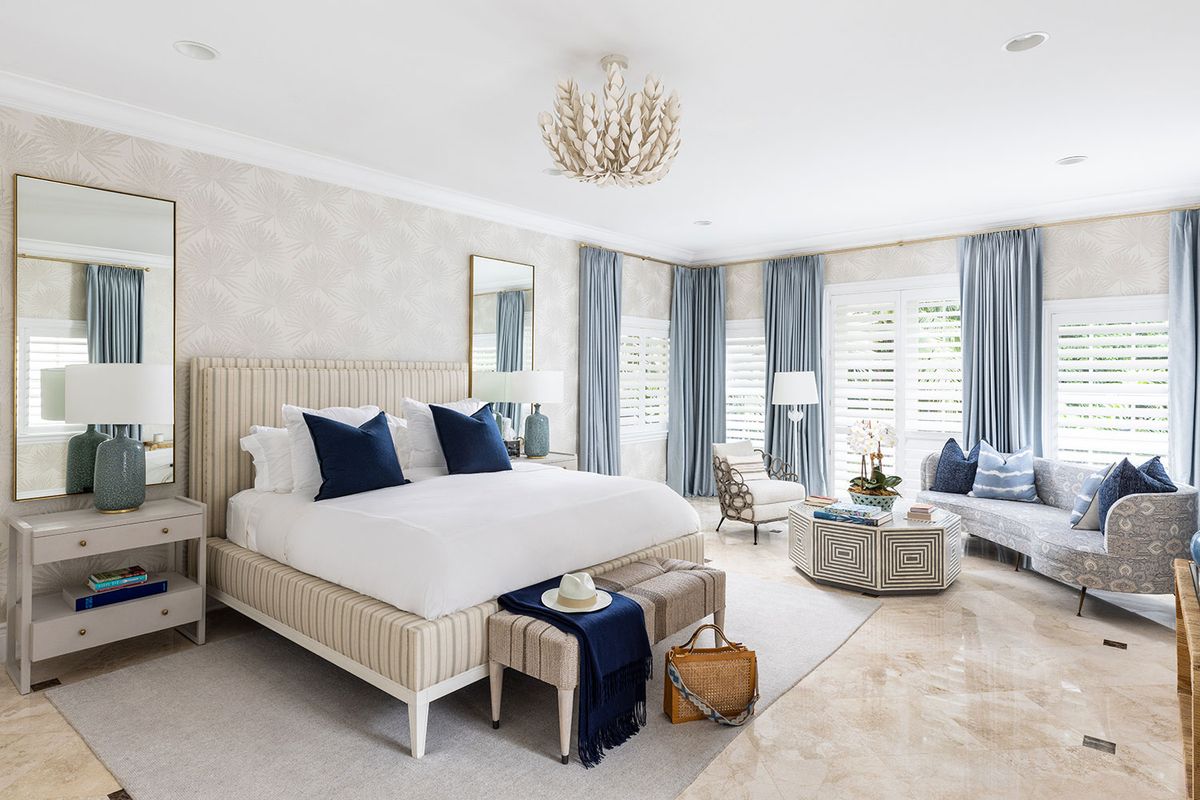Like many folks, my wife and I enjoy watching real estate reality shows, from House Hunters or Property Brothers. Everyone knows these shows are soothing, dumb entertainment that follows a formula so rigid you can predict what any pair of house hunters will say with near-perfect accuracy. These shows also lie to you about literally every aspect of the real estate experience, from what goes into buying a house to the effort (and money) required to fix one up.
So here you have a form of entertainment that requires little effort or attention and that intersects with a nearly-universal human experience. No wonder so many people love to space out while watching a goofy contractor and a perpetually-frazzled designer figure out how to renovate an entire house for the cost of the spare change in someone’s couch. But as entertaining as these home renovation shows might be, you should probably cut back on your consumption of them, or even stop watching them altogether. Because they’re making us all miserable.
Home improvement shows are unrealistic
We all know that these shows lie to us, but we don’t always understand the complexity of their deception. The budgets discussed on these shows are entirely unrealistic, and are usually supplemented by sweetheart deals from suppliers who want their products featured on TV. The timelines—even with “dramatic” twists involving hidden mold or unexpectedly load-bearing walls—are fantasies, as is the idea that one or two charming hosts are doing all or most of the work. These shows love to make major home renovations look easy, and the results beautiful—but often the upgrades are superficial, and later revealed to be made from low-quality workmanship and cheap materials.
The result? Frustration and sadness when you contact a contractor and they tell you the true cost of your renovation dreams, or when you’re in the third month of what you expected to be a one-month renovation, or when your plumber announces you need a whole new sewer line and you’re already in serious debt from paying for the rest of your new bathroom.
Home improvement shows inhibit your happiness
When my wife and I bought our house, we hated almost everything the previous owner had done to its interior, and set about changing it all. And if we ever sell this house, I’m pretty certain the next owner will take one look at my DIY renovations and do exactly the same thing. In the meantime, we love this house and enjoy living here immensely—but it’s been shown that watching a lot of home renovation shows leads people to feel greater anxiety about the attractiveness of their homes, because they teach us to always compare our homes to what we see on TV.
Not only does constantly worrying about the resale value of your house (and what mean people might say about it when HGTV sends a crew to film there) make us miserable, but increasingly, we’re not even really enjoying watching these shows. Hate-watching renovation shows is pretty common, because hating on people with slightly different tastes directly stimulates our pleasure centers. But it’s not healthy, because hate-watching ultimately makes us depressed, increasing the negative emotions in our lives.
Another way renovation and real estate shows make us unhappy is more subtle: They enforce a bland, boring, conservative vision of modern life and relationships. Every episode of House Hunters seems to involve a man concerned about the budget and a woman who brags about needing all the closet space. They lightly insult each other and engage in petty arguments for the world to witness. And every renovation show seems to star a goofy male contractor who approaches physical labor like a kid playing with toys and a female designer who spends most of the show rolling her eyes at his antics, because gender roles. It’s literally taking some of the worst comedy cliches found in bad sit-coms and giving them a dusting of “reality.”
Home improvement shows make design boring
Finally, home renovation reality TV is simply making our homes boring.
The renovations we see on TV are always more or less the same—HGTV and similar programs have a standard design sense that involves a lot of open concept, shiplap, and grey paint, and this in turn has made a lot of home renovations look eerily similar, as audiences trained to see this design style as acceptable and desirable seek to replicate it. The end result? People living in someone else’s house, and feeling sad about it. People worrying whether potential buyers will like their guest bathroom even if they have no intention of putting their house on the market.
A house is an investment, and if you decide to sell it, there’s an argument to be made for renovating it to make it attractive to potential buyers. But you also have to live there, and that means being happy and comfortable in the space. Trying to create a magazine-ready home just in case you have to sell it suddenly is kind of a weird way to enjoy your life.
Like anything else that’s bad for you, renovation shows can be enjoyed in moderation. Just keep in mind the negative impact they can have on your life, and remember that your house may not be perfect, but it’s yours.


